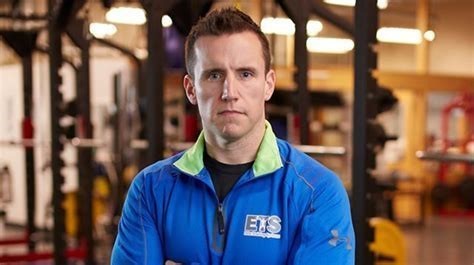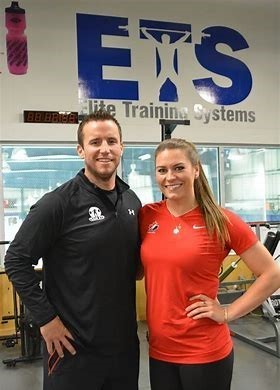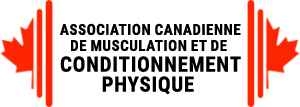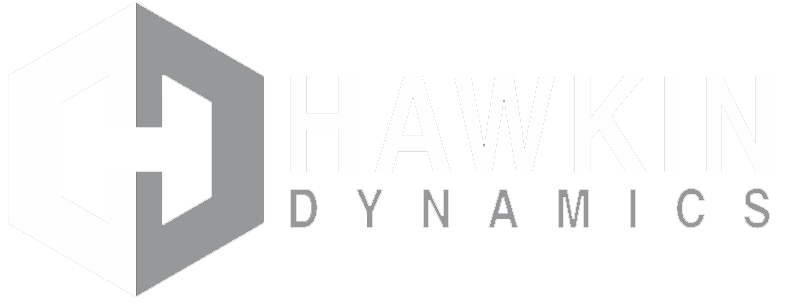Key To Success – Be Humble

My first job in professional sports was with the Toronto Maple Leafs and I was fortunate to be recommended for the position by a few colleagues and friends.
I had been working with the Oshawa Generals as well as some NHL athletes on the private side and that work led to the opportunity. I went into the interview and was thrown into the gym and asked to coach a bunch of athletes. I think because I was prepared and confident in my abilities as a young (somewhat cocky) coach I did well. I was offered the job immediately after that session and continued to work with the team for 7 seasons.
I think there are several skills needed to be in our profession. You must have a certain level of technical and tactical (programming/instruction) but the more important skill set, in my opinion, is the ability to build strong relationships with the people you are working with. To be specific, I am refereeing to the ability to adapt to your athletes’ needs, address the many different areas of need and overall develop a strong foundation of trust.
Working for a professional team is very different than private coaching. I believe they both have challenges and a lot of coaches tend to work in one or the other. I am fortunate to have experienced both, frequently at the same time, and I believe that gave me valuable insight into the uniqueness of each environment. The team setting challenges me as a coach in terms of working around the actual sport and sport coaches as well as dealing with injuries and individual athlete needs. Typically, professional team sport does not allow the S&C coach to address all the athletes’ needs as it usually has many time constraints and sport demands. The private sector allows for a much deeper dive into individual athletic development as well as the nutritional and psychological/social aspects of the athlete. I enjoy this as I have been able to be part of an athlete’s entire career from minor sports to the draft process and into professional sport.

Updating your knowledge and adding to your ‘toolbox’ as an S&C coach is essential if you want to progress as a coach. To me this does not mean chasing letters or credentials that can go behind your name, it speaks more to exposing yourself to different methods, experiences that allow you to grow as a coach. Taking courses is great and a part of growth however, I put more stock in hands-on experience, shadowing other coaches, and learning from people outside our field. I believe those experiences continue to shape me as a coach. In terms of networking and collaborating with other coaches, I believe this is something that a lot of young coaches undervalue. Connecting with coaches who have done what you aspire to do or are currently working at the highest level of sport is incredibly valuable and the majority of these individuals are more than willing to give their time to young coaches, you just have to ask!
My advice to individuals just entering this field is simple, be ready to do the work required to be exceptional at your craft. Realize that no one has all the answers and never will. Get a mentor or mentors as early as you can in your career and don’t try to emulate them instead learn what you can and apply it to yourself and your environment. Be a mentor to someone else as you move through your career, it’s as valuable a learning opportunity for the mentor as it is the mentee. My very last one is something that I say a lot, and it can mean different things to everyone, be humble.








